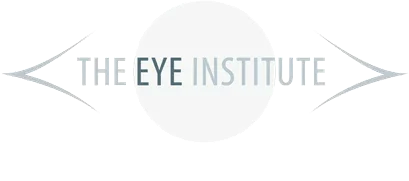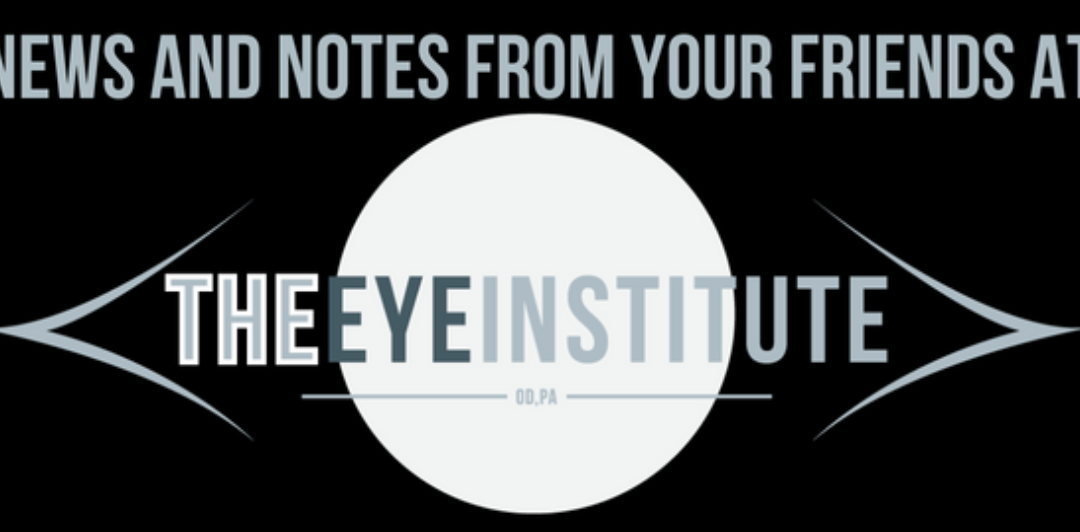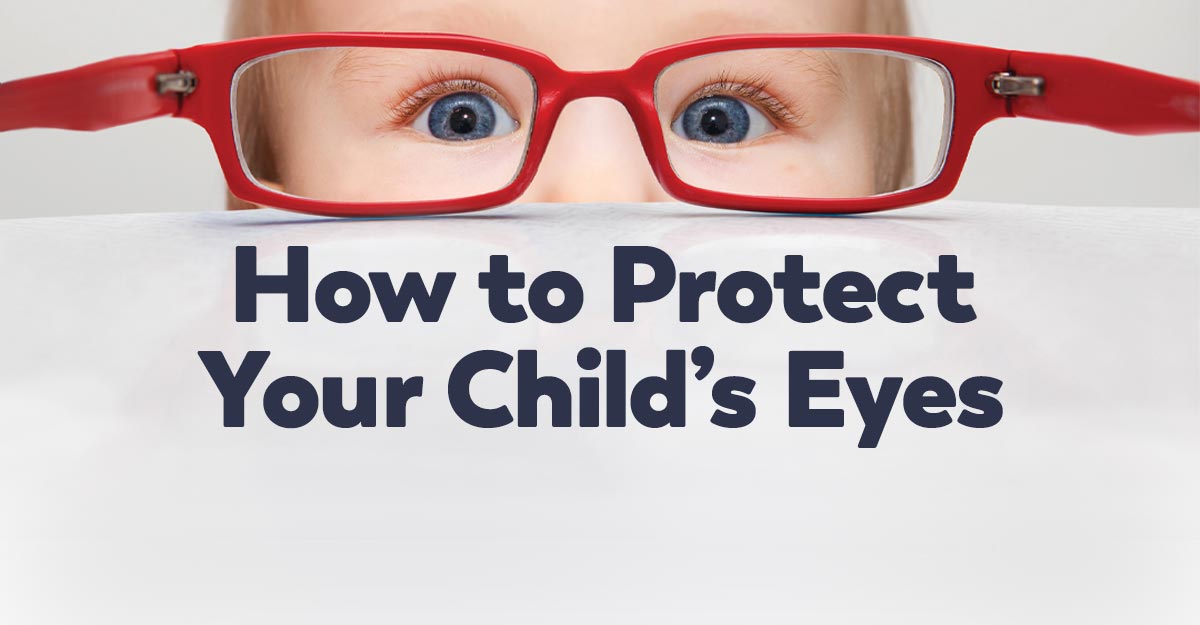Did you know that we have a Contact Lens Specialist at TEI? Optometrist Andrew Halton did post-graduate training in specialty contact lenses and ocular surface disease, which means that if you’ve been told in the past that you aren’t a candidate for contact lenses, he may be able to help!
Some examples of Specialty or Complex Contact Lenses include:
Monovision contacts treat presbyopia so people can see both distance and near in contacts. Your dominant eye is fitted for a contact lens that focuses at distance, because your brain is already wired to function this way. Your non-dominant eye is then fitted with a contact lens designed to see at near distance. This can take some time to get used to, so you’ll be given trial contact lenses to take home and experiment with before finalizing your prescription.
Multifocal contacts treat presbyopia so people can see both distance and near in contacts. These contacts are designed with concentric rings in the contact lens, where some rings are for distance vision and some rings are for near vision. These lenses can take some time to get used to, but your brain will learn to understand which rings to use for certain tasks during the trial fitting process. You’ll be given trial contact lenses to experiment with at home before we finalize your prescription.
Medically Necessary contact lenses can include larger lenses that land on the white of the eye called the sclera. They are used to treat certain conditions of the cornea such as keratoconus, irregular astigmatism, post-lasik complications, and ocular surface disease. These lenses require a fitting process by a contact lens specialist like our optometrist, Andrew.






